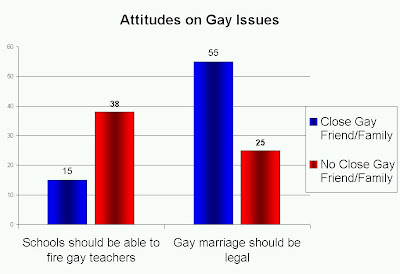Posted by Jay Livingston
George Bush’s favorability ratings keep sinking. In the latest polls (Quinnipiac, NBC/WSJ), only 28-29% of the people come down on the plus side. But wait. Gallup has found other public figures whose numbers are even lower.
 Paris Hilton, of course, was the big winner in the girls-gone-bad sweepstakes. Lindsay Lohan, Nicole Richie, even Britney Spears were more highly thought of, with sympathy ratings soaring upwards of 15%.
Paris Hilton, of course, was the big winner in the girls-gone-bad sweepstakes. Lindsay Lohan, Nicole Richie, even Britney Spears were more highly thought of, with sympathy ratings soaring upwards of 15%.Note that Gallup asked only about young women. Gallup was only following the media, and the media would claim that they are only following the public’s interest. True, when it comes to stories about troubles people bring on themselves, the public seems to take much more delight in stories about women than about men. When Paris Hilton was jailed, and especially when she broke into tears on being re-jailed, the tabloid media reported with a self-righteous glee in her suffering.
Surely there must be male celebrities who have sinned— Russell Crowe throwing a telephone into the face of a hotel desk clerk, Mel Gibson spewing drunken anti-Semitic remarks at the cop who pulled him over, Robert Downey, Jr.’s recurrent drug problems, etc. Nicole Richie and Paris Hilton in “The Simple Life” set their own glam sensibilities against that of the heartland, but the show was self-mocking and generally not critical of middle America. Borat, by contrast, took some pretty serious swipes at middle America and used some underhanded (though legal) tricks in doing so.
But these men have not been surrounded with the sustained fascination we have given Paris, Lindsay, and the others, nor do the public and media seem to have the same sadistic longing to see them suffer legal or other consequences.
The media framed the Paris Hilton story as the rich girl trying to avoid justice and finally getting what she deserved. The media didn’t report much on what the usual sentence would be for a first-offense driver’s license violation. Probably not jail time. But for the media and public, this case wasn’t really about driving with a suspended license, just as the Clinton impeachment wasn’t really about lying to a grand jury. It was about sex. Paris Hilton’s real crime in the court of tabloid opinion was flaunting her sexuality. And the same may be true of the others.
It doesn’t matter that in many cases, it’s the tabloid media and public that are mostly responsible for making public what had been private — the voyeuristic photos, the theft and distribution of a private video. The media and public strip the clothes off these female celebs and then punish them for indecent exposure.
These stories aren’t news. They’re morality tales, and they show that moral standards are still different for women and men.



